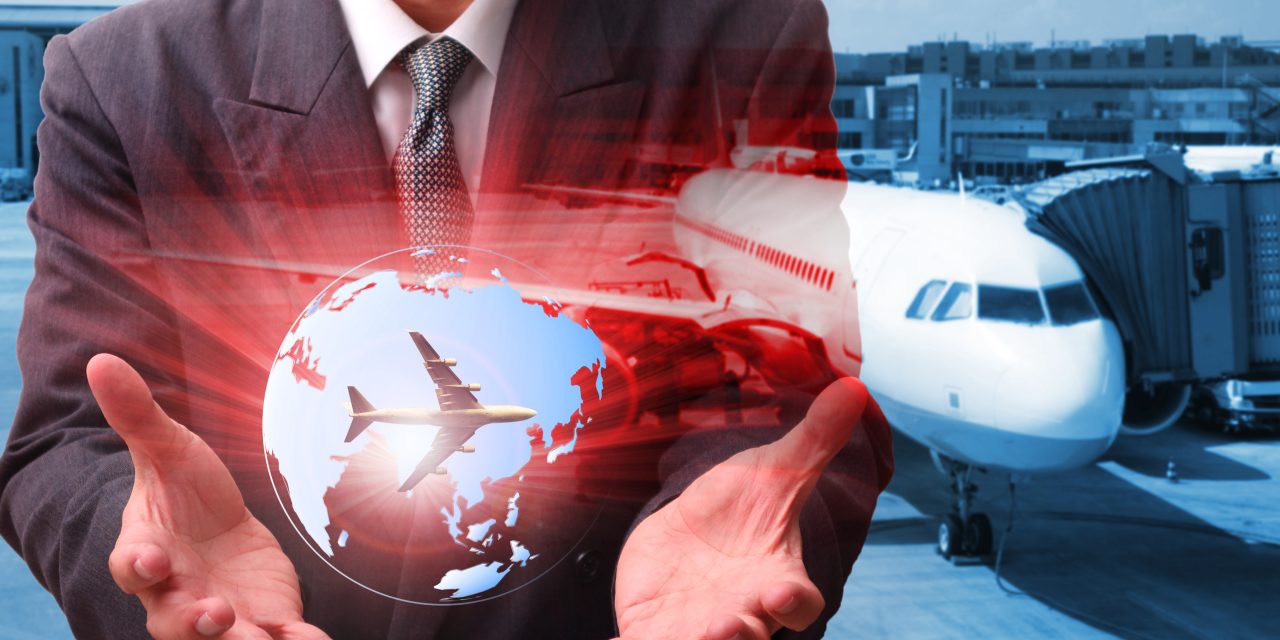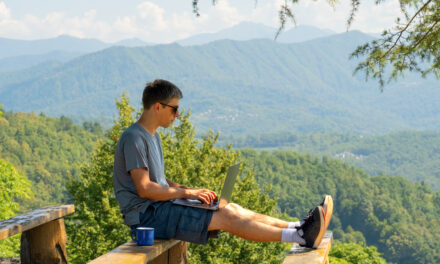In recent years, a new trend has emerged in the travel industry, gaining popularity among business professionals seeking a healthier work-life balance and a more fulfilling travel experience. This trend is known as bleisure travel – the practice of blending business travel with leisure time. From extended work visits to staycations and domestic explorations, bleisure travel offers numerous benefits for both employees and businesses alike.
The concept of bleisure travel involves extending one’s stay beyond the contractual obligations of a business trip to immerse oneself in the local culture, explore the destination, and engage in leisure activities. While the phrase was first coined in 2009, its use surged in popularity in 2016, highlighting the increasing demand for this type of travel experience.
There are two primary categories of bleisure travellers. The first comprises business travellers who bring along friends or family members to enjoy leisure activities together. The second category includes corporate, group, or conference guests who seize the opportunity to add a few days of holiday to their business trips. In many cases, leisure travellers leverage the flights or hotels paid for by their employers to enjoy downtime or engage in local sightseeing before or after their professional commitments.
Bleisure travel has gained traction across different age groups, with millennials being particularly inclined to embrace this trend. According to a survey by SAP Concur, travellers of all ages participate in bleisure travel, but 78 percent of millennials consciously include personal time during their business trips. This percentage has significantly increased since a 2017 GBTA research study conducted prior to the COVID-19 pandemic, which reported a figure of 48 percent.
Research from AMEX Global Business Travel reveals that 57 percent of organisations have policies allowing young employees to extend their business trips with vacation time. Moreover, 74 percent of seasoned business travellers expressed their desire for their company’s travel policy to include a budget for entertainment, as stated by Swapnil Shinde, co-founder and CEO of Mezi.
According to a 2023 Expedia study on bleisure travel patterns, American bleisure travellers undertake an average of 6.4 business trips per year, with 88 percent of these trips being domestic and 12 percent international. The study highlights that the availability of entertainment and activities at the destination, the destination being a “bucket list” place, and the ease of getting around in the area are the top factors influencing business travellers to prolong their trips.
The enduring popularity of bleisure travel is evident. An American Hotel and Lodging Association poll conducted in 2022 revealed that 89 percent of participants desired to include some downtime on their next business trip. Additionally, a study by Allied Market Research forecasts that the “bleisure” segment of the travel industry will likely be valued at $731.4 billion (~Rs 59.91 billion) by 2032, marking significant growth from its value of $315.3 billion (~Rs 25.83 billion) in 2022.
When it comes to preferred bleisure travel destinations, a 2017 study by SAP Concur identified New York City, Chicago, and Los Angeles as some of the most popular vacation spots among business travellers. In India, cities like Mumbai, Delhi, Bengaluru, Jaipur, Goa, Kerala, Udaipur, Ahmedabad, Kolkata, Chennai, and Hyderabad are known for attracting bleisure travellers. The SAP report also suggests that September and October are the busiest months for leisure travel.
So, why has bleisure travel gained such widespread popularity? The term itself has become popular because it offers several advantages for both travellers and hoteliers. Bleisure travel has been found to enhance work-life balance, foster creativity and productivity, and provide personal development opportunities for individuals. Moreover, it allows travellers to visit destinations at a lower cost and with fewer vacation days compared to taking a separate leisure trip.
The benefits of bleisure travel extend to businesses as well. According to CNBC-TV18, this trend can help employees achieve a better work-life balance, which is crucial for job satisfaction and retention. As Global HR Analytics found, many employees leave their jobs for reasons other than financial compensation. By incorporating bleisure travel into their policies, businesses can support their employees’ well-being and attract top talent. Offering additional advantages like extended vacation time and budget allocations for entertainment can contribute to employee satisfaction and productivity.
Bleisure travel not only benefits the individuals and organisations involved but also has a significant impact on the hospitality industry. After enduring a challenging period, the sector now has the opportunity to tap into the growing market of bleisure travellers. By providing more flexible booking options, hotels can cater to the needs of this new kind of traveller—the one who seeks both business convenience and leisure experiences. Offering enticing trip packages, curated itineraries, and personalised services, hotels can showcase their ability to provide a relaxing and memorable stay. By exceeding expectations and creating exceptional experiences, hotels have the potential to build a loyal customer base of repeat bleisure travellers, as reported by Forbes.
The emergence of bleisure travel represents a catalyst for positive change in the hospitality industry. It enables hotels and other accommodation providers to adapt to the evolving needs and preferences of business travellers. By embracing this trend and offering tailored services, hotels can position themselves as more than just a place to stay during business trips—they can become a gateway to unforgettable experiences, fostering customer loyalty and driving revenue.
As the world continues to adapt to a post-pandemic landscape, bleisure travel is set to thrive further. Its ability to blend work and leisure seamlessly, promote well-being, and create memorable travel experiences makes it an attractive option for both individuals and businesses. With the potential to contribute billions to the global travel industry, the rise of bleisure travel presents a golden opportunity for the hospitality sector to rejuvenate and redefine its offerings.
In conclusion, bleisure travel is a rising trend that merges business and leisure, providing numerous benefits to employees, businesses, and the hospitality industry. As travellers seek a better work-life balance and meaningful experiences, the demand for bleisure travel continues to grow. By embracing this trend and catering to the evolving needs of bleisure travellers, businesses and hotels can seize the opportunity to offer unique and rewarding travel experiences, setting themselves apart in an increasingly competitive market.










